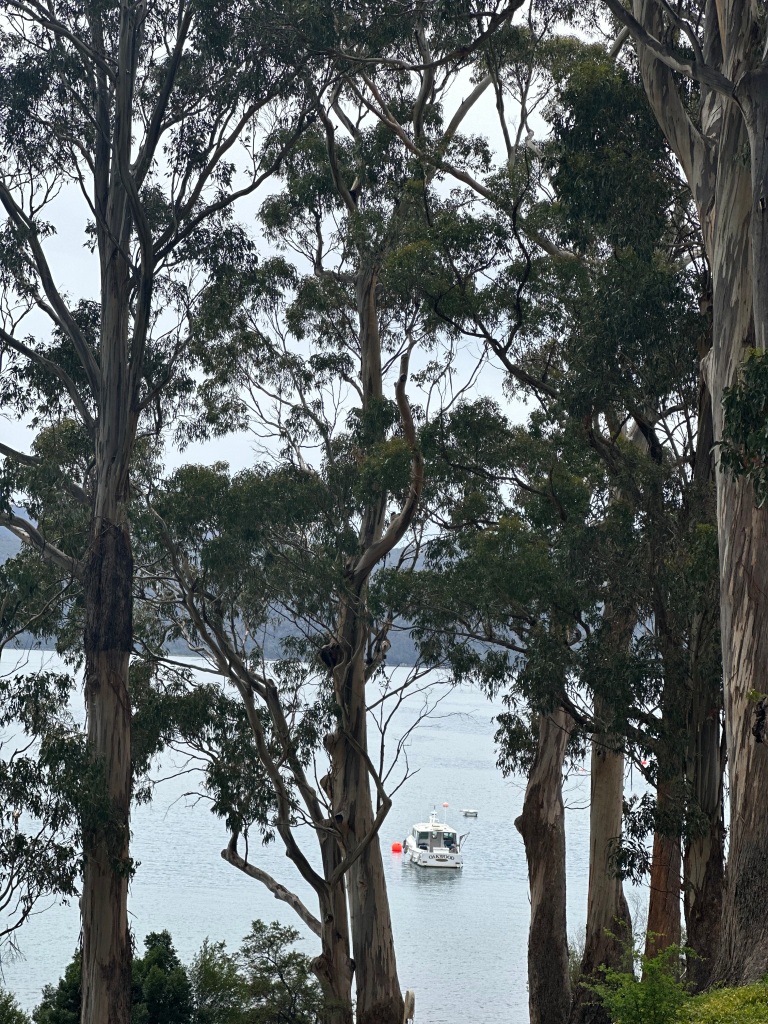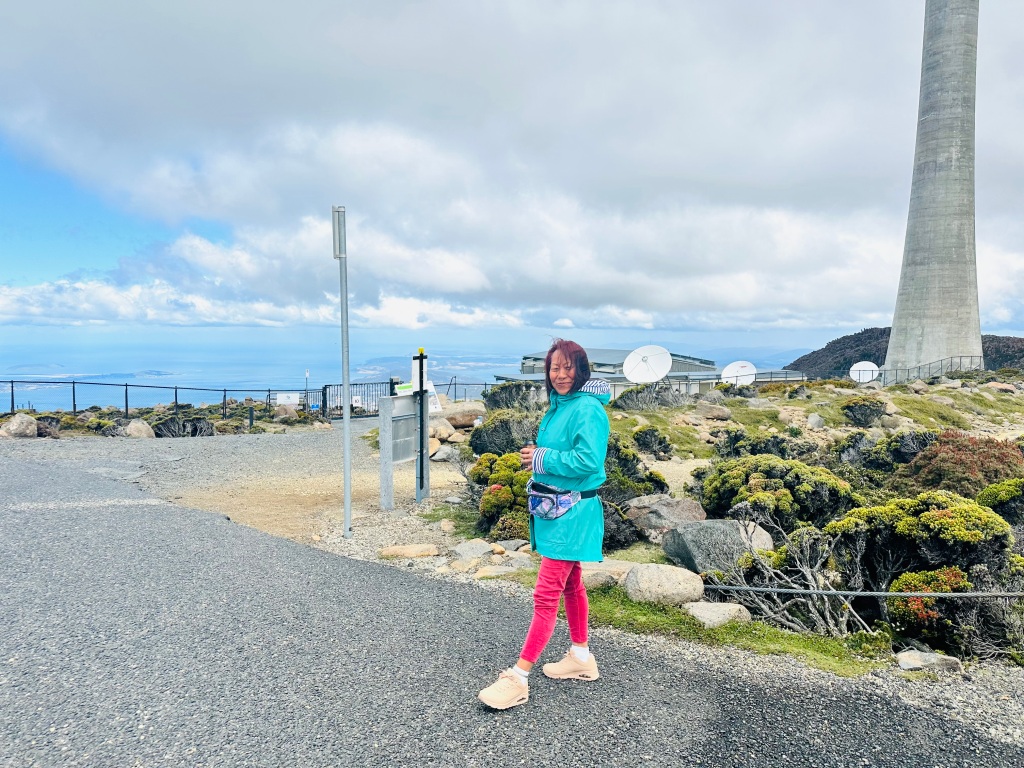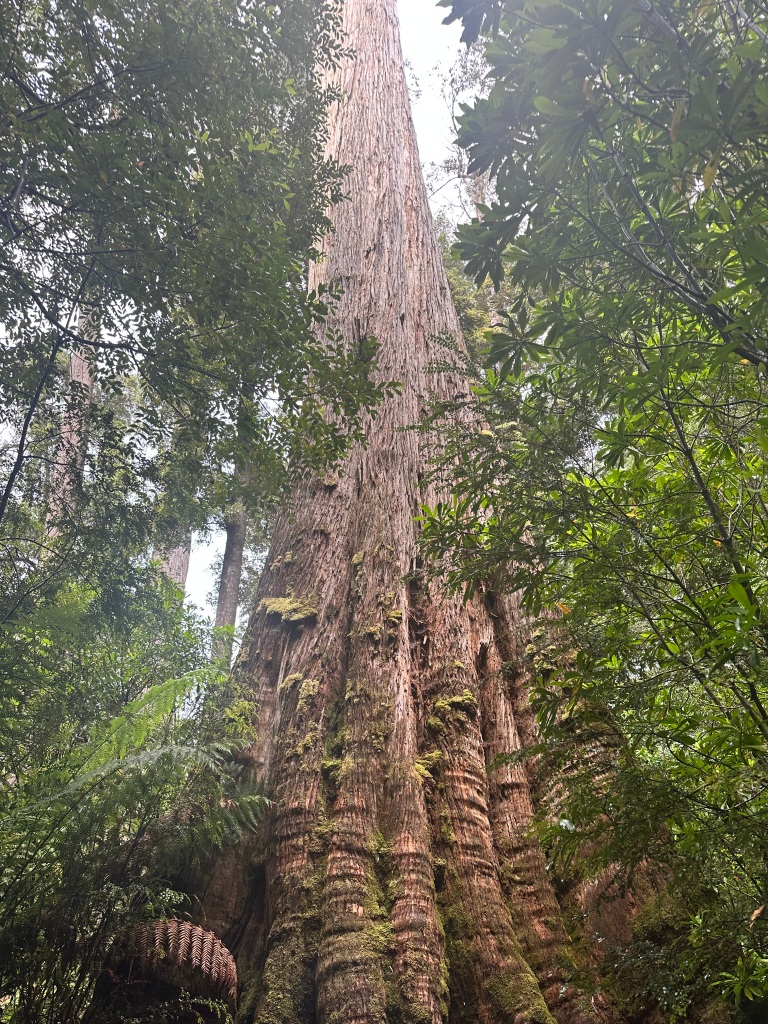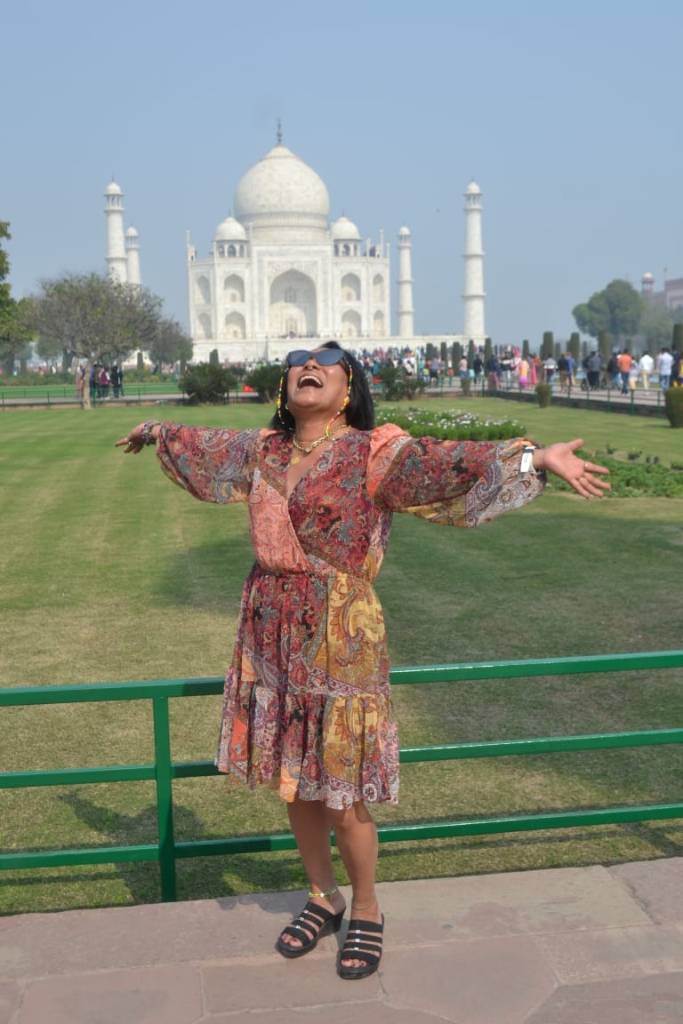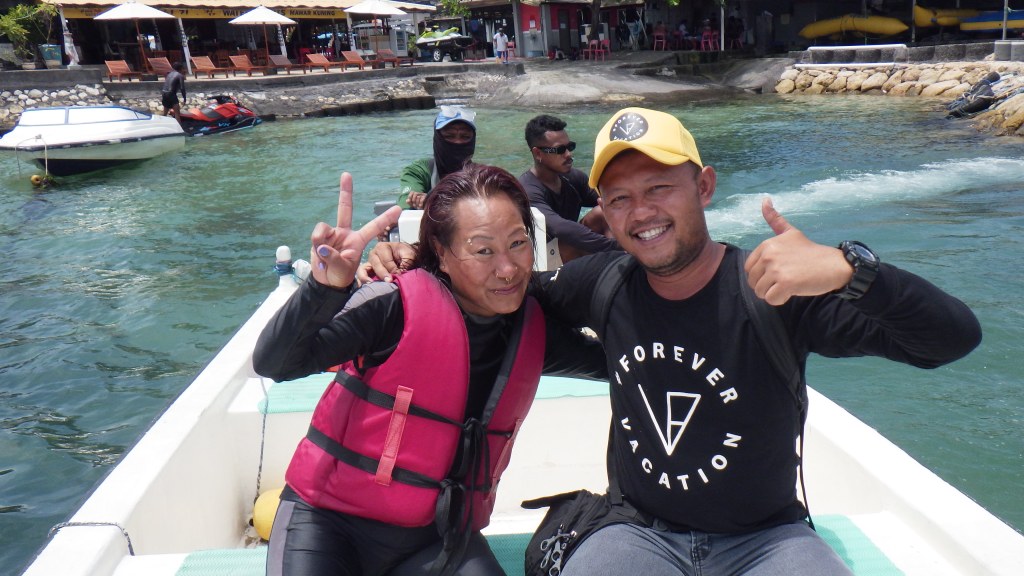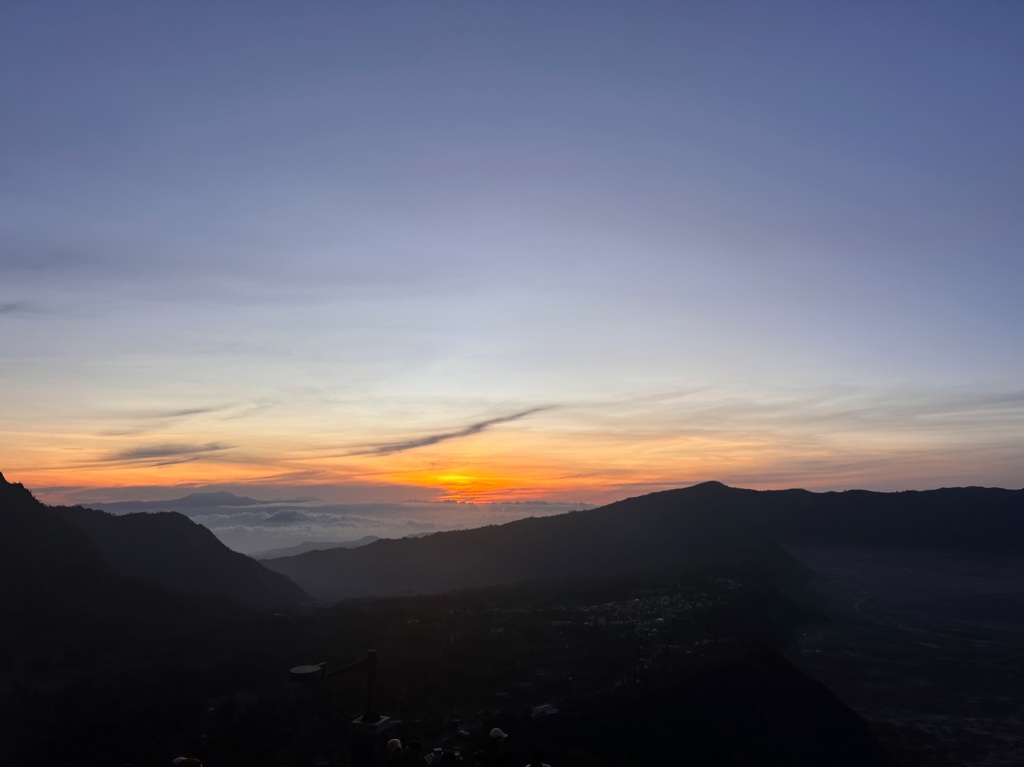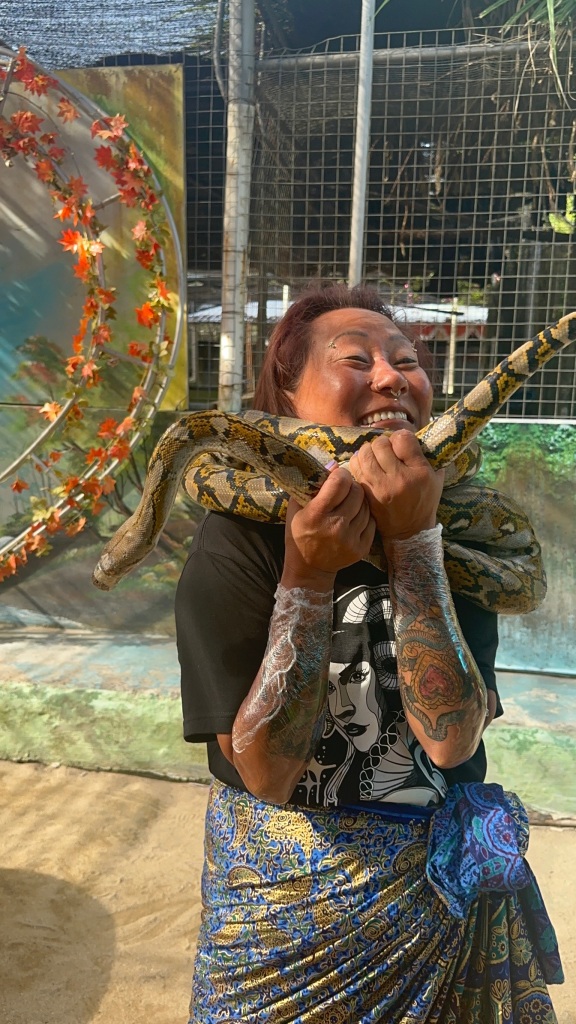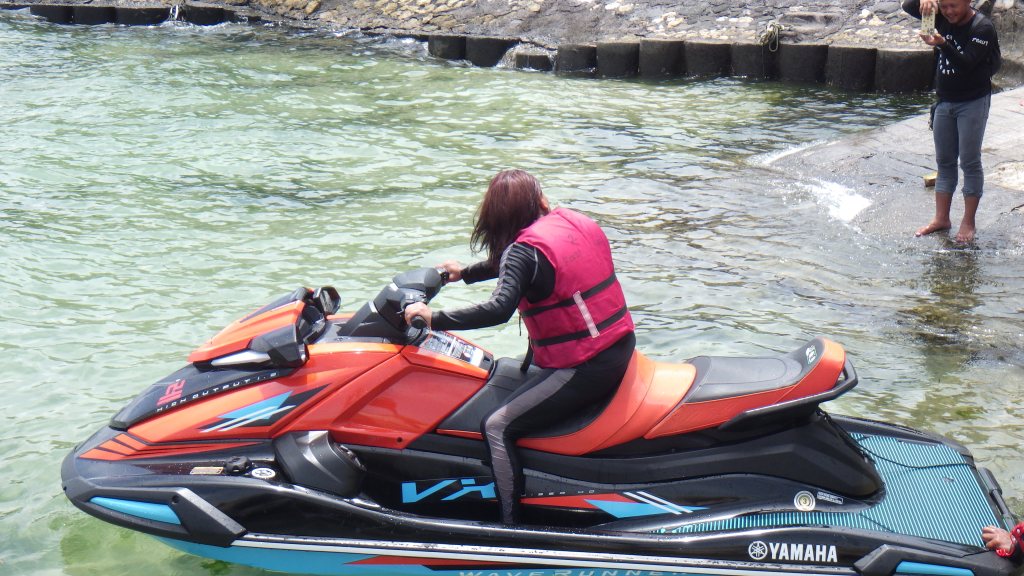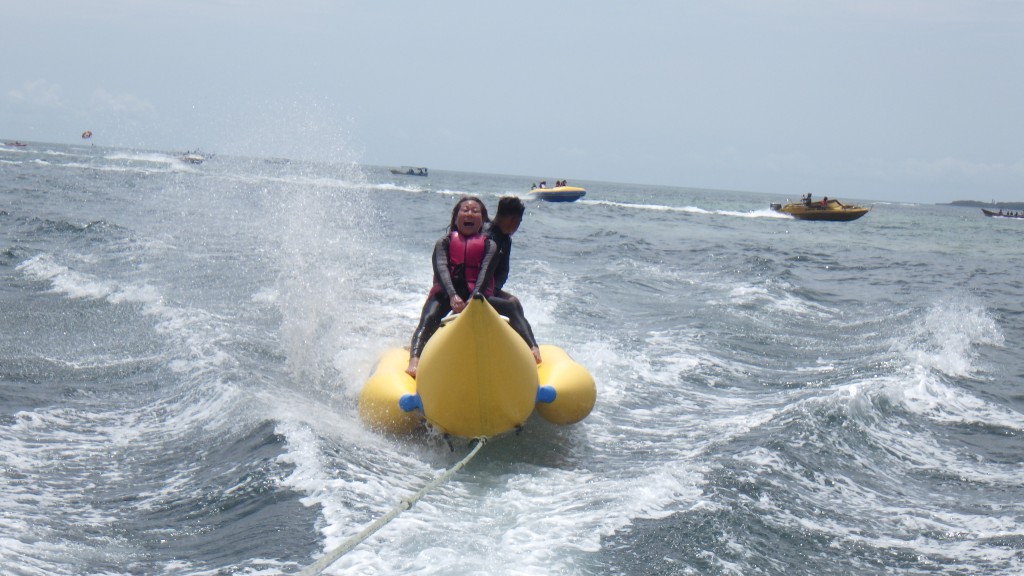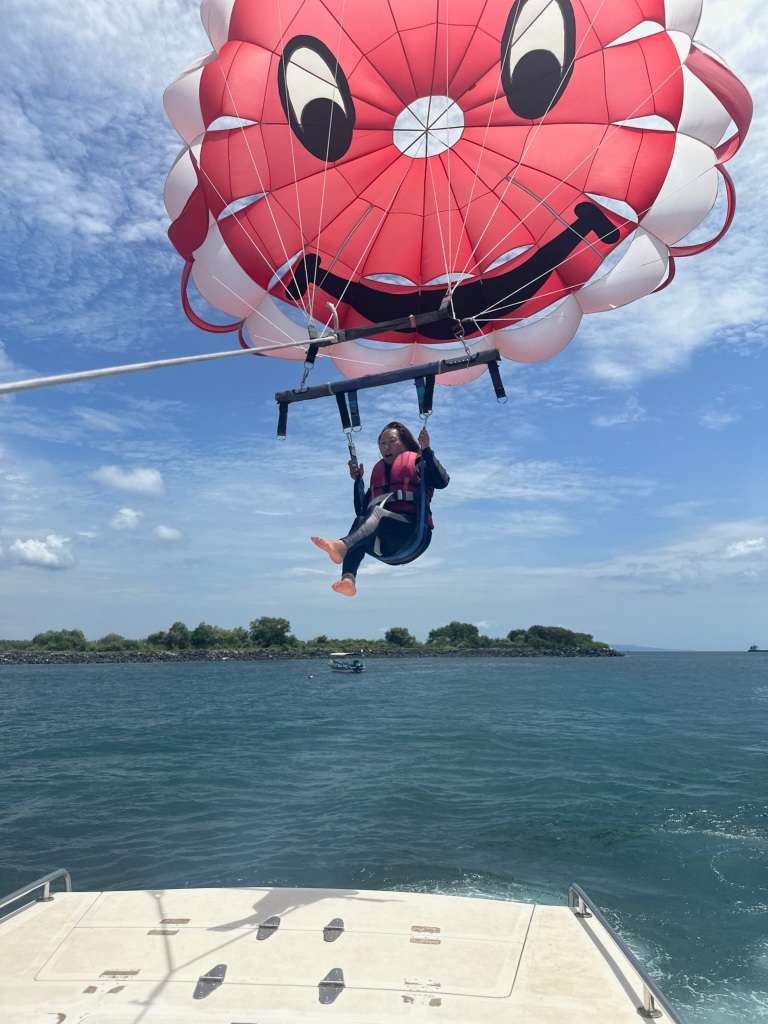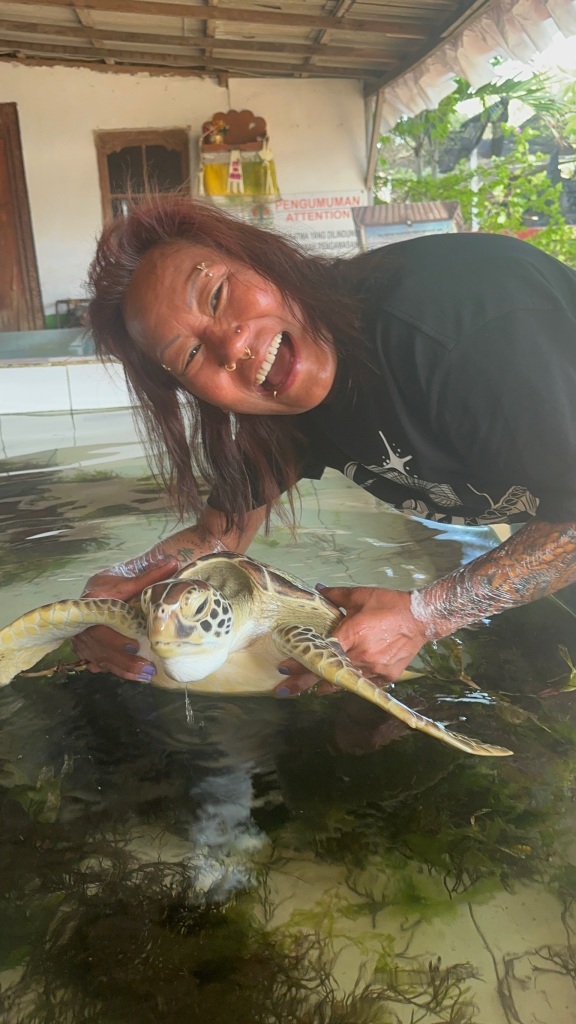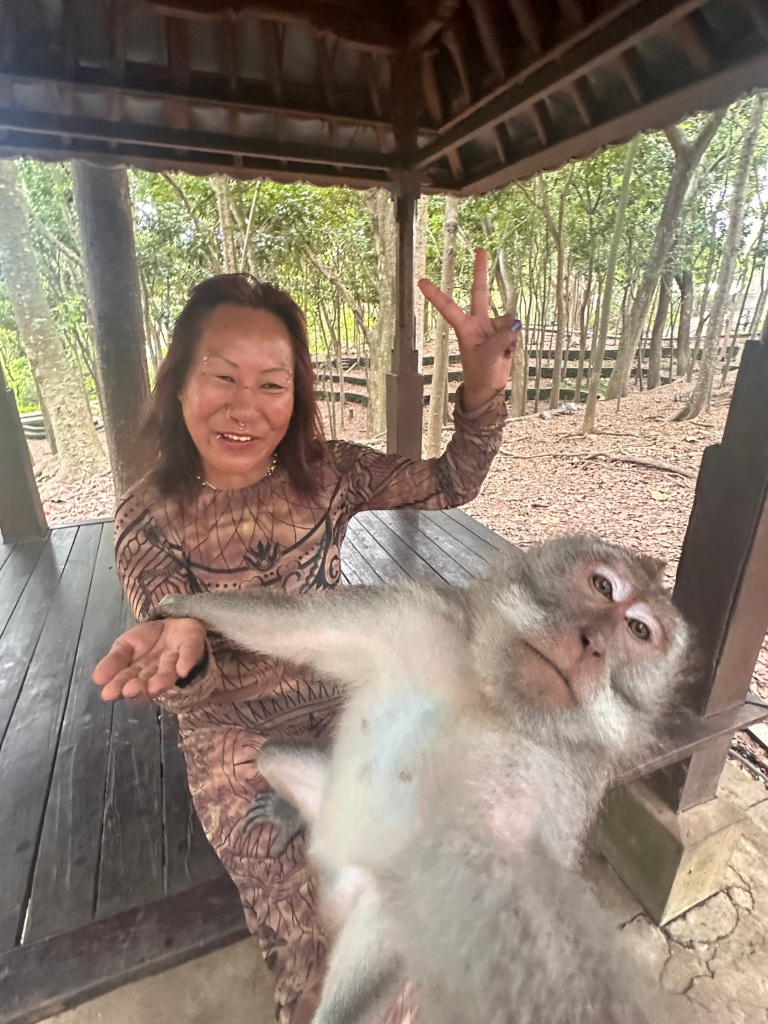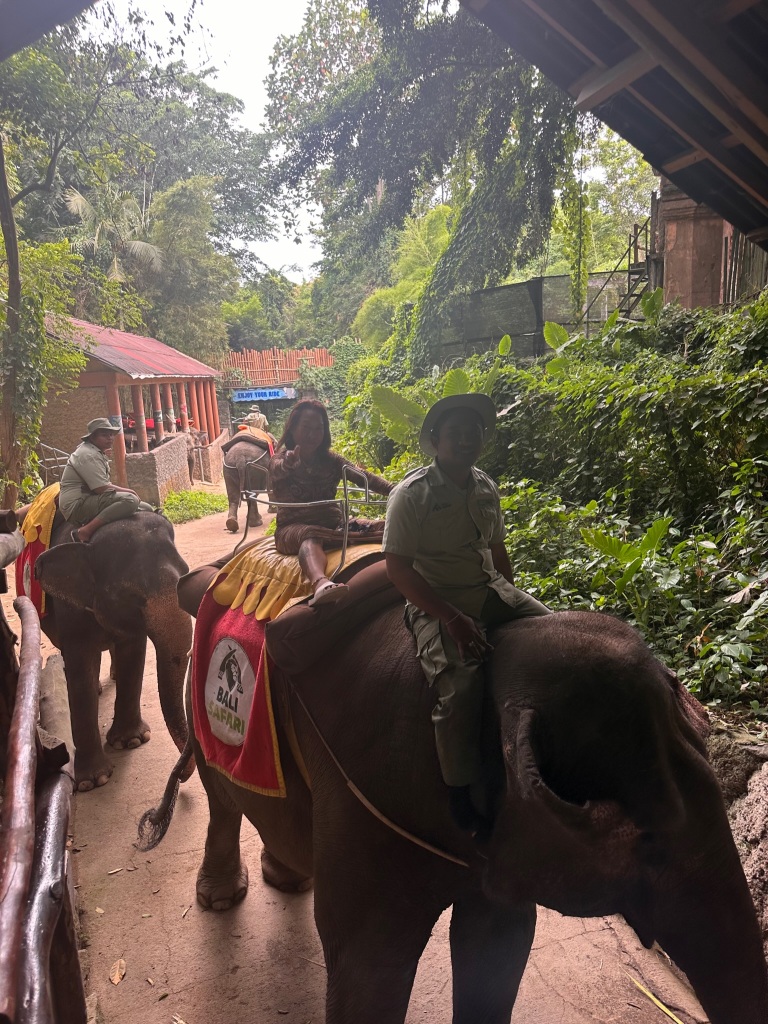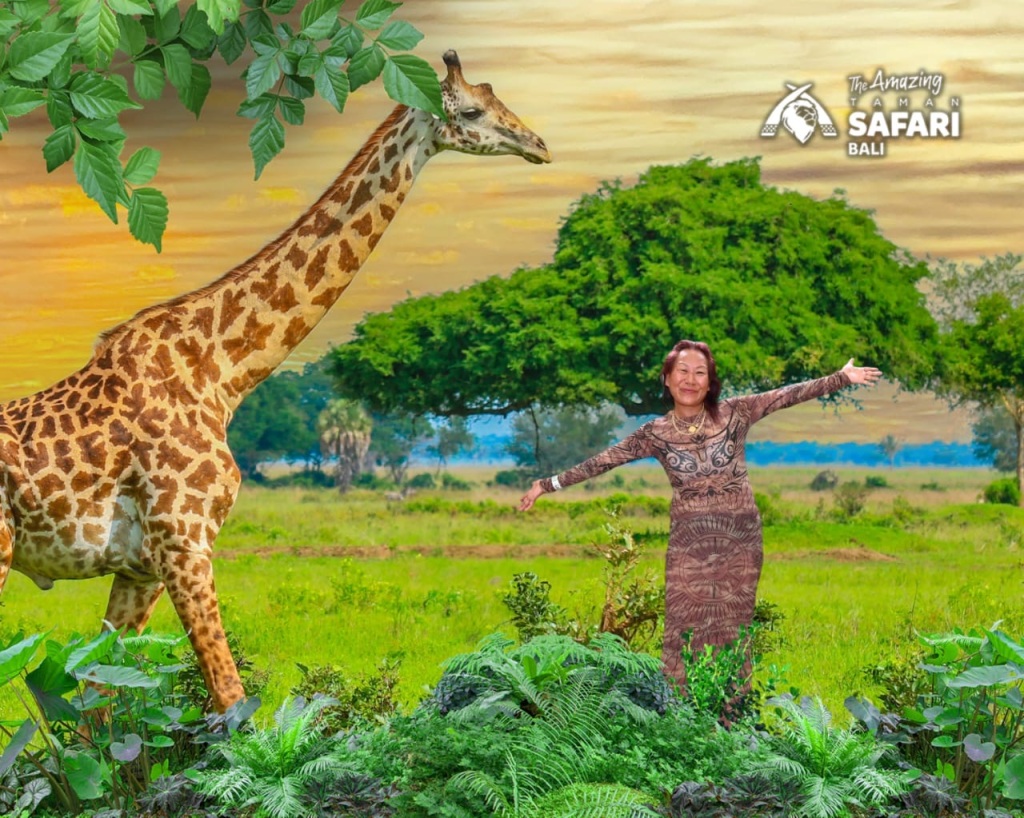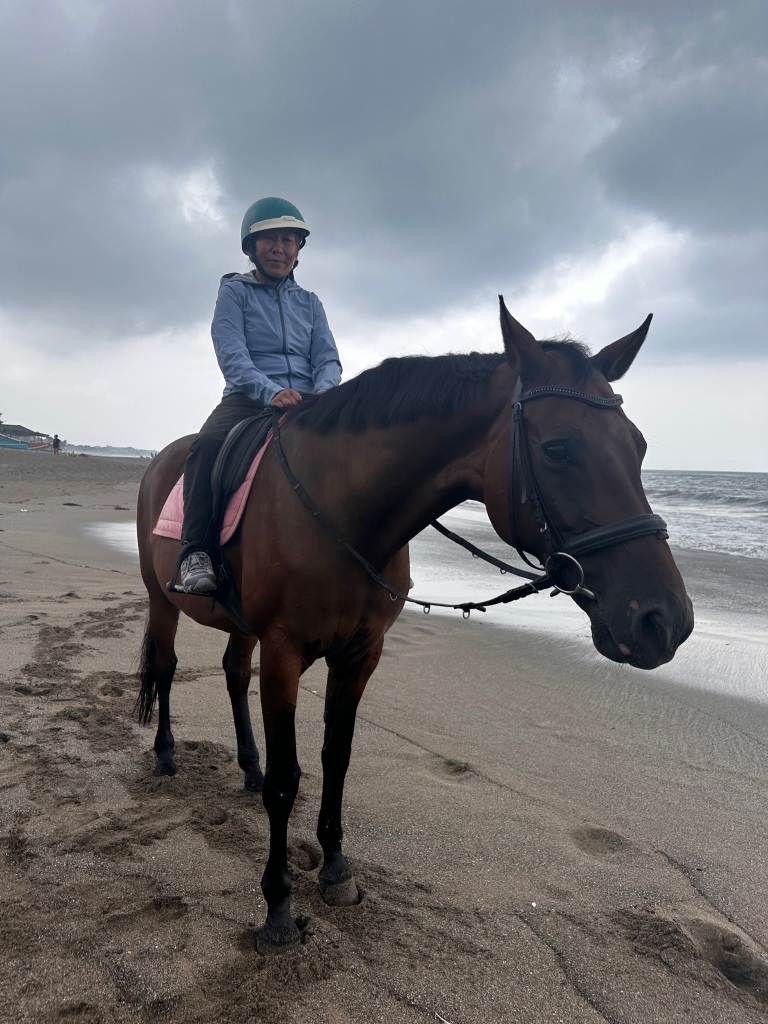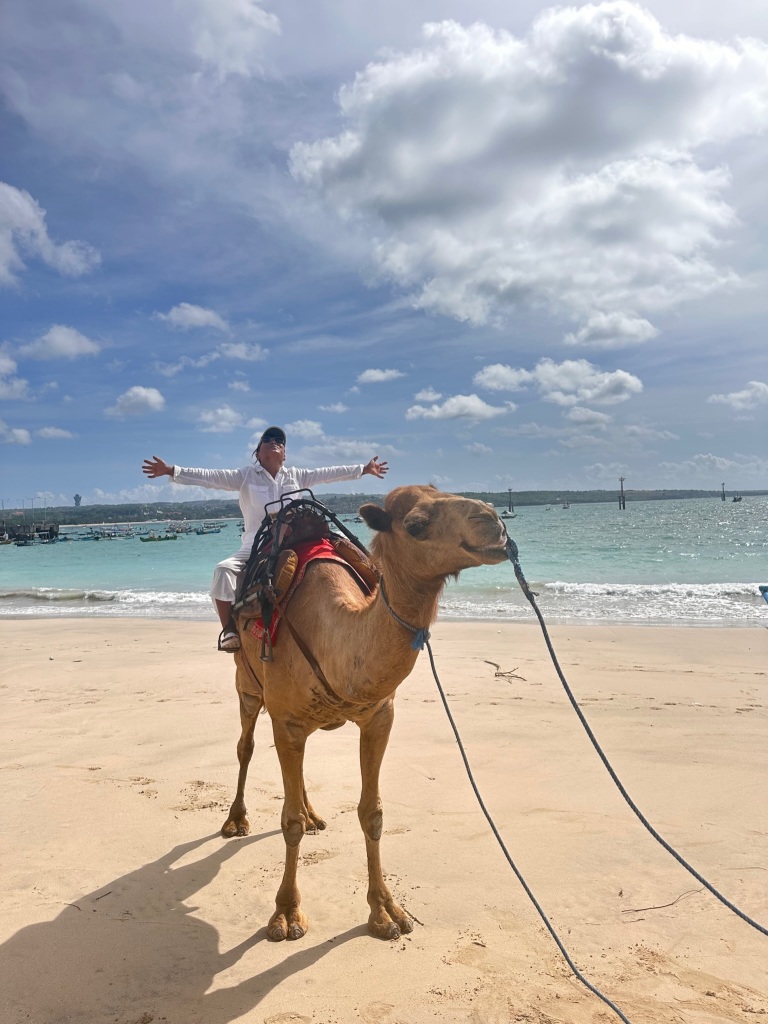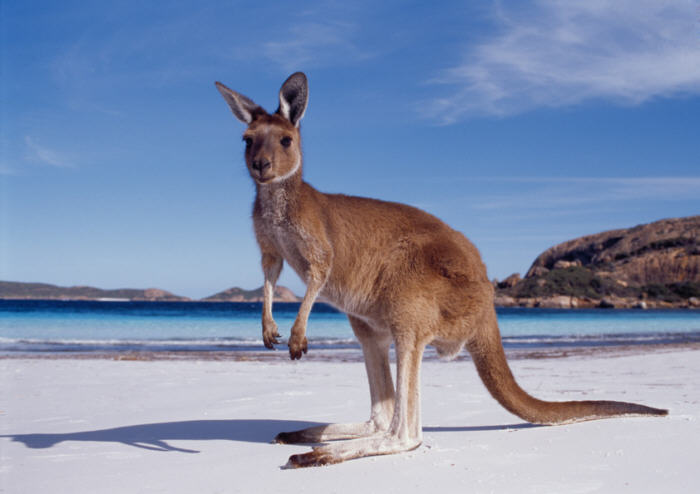The Parable of the Pipeline: A Roadmap to Financial Abundance and Wealth Creation
“The Parable of the Pipeline” by Burke Hedges presents a a compelling allegory that changes traditional notions of wealth creation and financial independence. The book imparts several key lessons that are pertinent in today’s economic landscape. Hedges underscores the significance of transitioning from active income to passive income. By delineating the limitations of trading time for money, he advocates for the creation of systems that generates residual income, thereby paving the way for financial freedom.
Moreover, the concept of leveraging is skillfully expounded upon, stressing the transformative power of effectively utilizing resources such as time, money and relationships. In today’s world, the ultimate leveraging is the internet leveraging which should be taken advantaged of to build our own pipeline within four to five years. If we go for money leveraging to create residual income, it mgiht take 50 years or so to finally build the pipeline. So the choice is basically in our hands whether to go for money leveraging or time leveraging knowing the fact that everyone doesn’t have the same amount of money but all of us have the same amount of time. Hedges reinforces the notion that strategic leveraging is paramount in achieving long -term prosperity.
Central to the narratives is the theme of mindset and belief transformation. The book serves as a catalyst for readers to challenge conventional paradigms about work and money, fostering an entrepreneurial mindset focussed on value creation and problem-solving.
Furthermore, the emphasis on collaboration and cooperation resonates as the book accentuates the collective benefits and amplified outcomes arising from unified endeavours. The promotion of calculated risk-taking and adaptability further underscores the autho’s forward-thinking approach to wealth accumulation.
The parable of the Pipeline fundamentally seeks to inspire a paradigm shift in wealth creation by advocating for a departure from linear income in favour of residual income. Hedges’ strategic and innovative insights provide s roadmap for readers to navigate the evolving landscape and pursue financial abundance.
when you look at the characters in the book you will notice that Ninety percent of the world’s population seems to align with Bruno, who carries a bucket, while only three percent align with Pablo, who focuses on building pipelines. Similarly, a large majority of people resonate with the character of Darryl Strawberry, who has a big bucket but lacks the pipeline-building mindset, whereas only three percent resonate with Margaret O’ Donnell who has a small bucket but possesses a pipeline-building mindset.
Needless to say, conditioned by the mindset of the society, personally, at first, I saw myself in the shoes of Bruno, carrying a bucket, having a 9-5 job in Bhutan for 18 years. Then I related more to Darryl Strawberry, carrying a bigger bucket after moving to Australia. Only recently, I have transitioned from the bucket-carrying mindset to the pipeline-building mindset, inspired by the likes of Pablo and Margaret.


